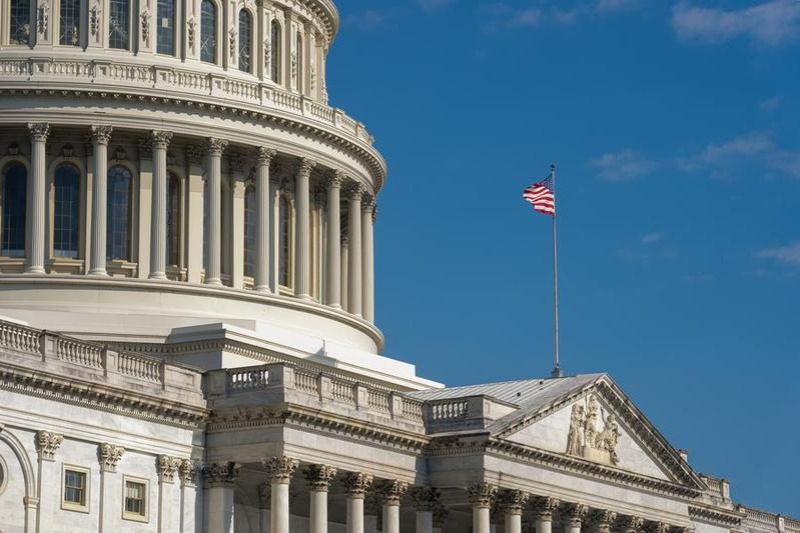Repeated accusations of election interference unfounded


The New York Times recently quoted researchers and government officials who asserted that "covert Chinese accounts are masquerading online as American supporters of former President Donald Trump," purportedly aiming to sway the outcome of the November US presidential election.
Microsoft also released a so-called report, claiming that China will use artificial intelligence to disrupt the US election.
China maintains a longstanding policy of non-interference in the internal affairs of other nations, including the United States. This American recurrent tactic not only aims to discredit China but also reveals a profound insecurity within the US establishment, driven by an unfounded fear of China's growth.
In recent years, during US election cycles, both Republicans and Democrats have consistently propagated the Sinophobic narrative of "Chinese election interference."
This narrative was exemplified when then-President Donald Trump baselessly accused China of interference during a United Nations Security Council meeting on nuclear non-proliferation in September 2018, offering no evidence to support his claims.
Moreover, during the 2020 presidential election campaign, Trump and his team persisted in hyping up allegations of Chinese "interference." Such claims were conclusively debunked as false by the US National Intelligence Council in a report released in March 2021.
The recent claim from White House officials regarding expressing concerns to China about "election interference" is a classic display of projecting suspicions onto others.
From inciting "color revolutions" to engaging in armed aggression, examples were abundant where the United States directly or indirectly interfered in the internal affairs of other countries. Since the advent of the Internet era, the United States has become even more adept at using cyberspace to carry out "influence campaigns" against other countries to achieve its foreign policy goals.
The New York Times claimed in its report that social media accounts linked to China have engaged in such activities as "promoting conspiracy theories, stoking domestic divisions and attacking President Biden ahead of the election in November."
Once more, the world witnesses the hypocritical spectacle of the thief accusing others of theft. In a recent exclusive report, Reuters news agency revealed that in 2019, the US Central Intelligence Agency launched a covert campaign on Chinese social media platforms aimed at manipulating public opinion within China to undermine its government.
"The CIA created a small team of operatives who used bogus internet identities to spread negative narratives" about the Chinese government "while leaking disparaging intelligence to overseas news outlets," the report said.
It appears that camouflaging themselves as ordinary netizens and spreading rumors online is clearly a tactic employed by US intelligence officers as part of their cognitive and information warfare against China.
Accusations of "Chinese intervention in US elections" also serve as a convenient scapegoat for US politicians, deflecting attention away from their inability to solve US internal discord and systemic woes.
Recent years have witnessed significant turmoil and chaos in domestic US politics, epitomized by Trump's unprecedented dual impeachments during his presidency and Biden's impeachment inquiry, seemingly retaliatory actions by House Republicans. These events underscore the relentless partisan attacks driven by self-serving agendas within American politics.
American politicians failed to reflect on the root cause of the malfunctioning of the US democratic system due to heated partisan struggles and the resulting dissatisfaction of voters. Instead, they haphazardly link their own election chaos with China, aiming to gain political advantage over election rivals by playing the "China card" and inciting anti-China sentiment.


































